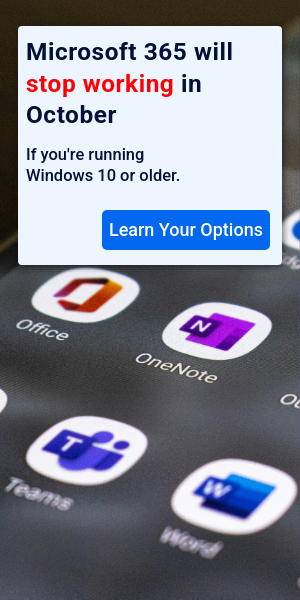In the fast-paced digital age, website speed has emerged as a critical factor influencing user experience. It’s no longer just about having a visually appealing design or compelling content; if your website doesn’t load quickly, users are likely to abandon it and seek alternatives. Understanding the importance of website speed and its impact on user experience can help businesses and developers optimize their sites for better performance and engagement.
Why Website Speed Matters
- First Impressions Count First impressions are crucial in the online world. Studies show that users form an opinion about a website within milliseconds of their first visit. If a site takes too long to load, it creates a negative impression, leading visitors to perceive it as unreliable or outdated. A fast-loading website, on the other hand, immediately establishes credibility and encourages users to explore further.
- User Engagement and Retention Slow websites frustrate users, leading to higher bounce rates and lower engagement. According to a study by Google, as page load time goes from one second to ten seconds, the probability of a mobile site visitor bouncing increases by 123%. Users expect a seamless browsing experience, and delays can disrupt their journey, causing them to leave and possibly never return.
- SEO Benefits Website speed is a significant factor in search engine optimization (SEO). Search engines like Google prioritize fast-loading websites in their rankings because they aim to provide users with the best possible experience. A slow website can negatively impact your search engine rankings, making it harder for potential visitors to find you.
- Conversion Rates Speed directly affects conversion rates. Research by Akamai found that a 100-millisecond delay in website load time can hurt conversion rates by 7%. Whether your goal is to sell products, collect leads, or promote services, a faster website can lead to higher conversion rates and ultimately, better business outcomes.
Factors Affecting Website Speed
Several factors influence website speed, including:
- Server Performance: The efficiency of your hosting provider and server infrastructure.
- File Sizes: Large images, videos, and other files can slow down load times.
- Code Efficiency: Poorly written code can cause delays.
- Content Delivery Networks (CDNs): Using CDNs can distribute content more efficiently.
- Browser Caching: Proper caching can reduce load times for returning visitors.
How to Improve Website Speed
- Optimize Images Large images are often the main culprits of slow websites. Use tools to compress images without compromising quality and consider using next-gen formats like WebP.
- Minimize HTTP Requests Each element on a web page requires an HTTP request. Reducing the number of requests by combining files, using CSS sprites, and minimizing scripts can speed up load times.
- Leverage Browser Caching Caching stores parts of your website in users’ browsers, so they don’t have to reload the entire site on subsequent visits. Setting up effective caching can significantly reduce load times.
- Use a Content Delivery Network (CDN) CDNs distribute your site’s content across multiple servers worldwide, ensuring users receive data from the nearest server, thus speeding up load times.
- Optimize Your Code Clean, efficient code can make a big difference in website speed. Minify CSS, JavaScript, and HTML to remove unnecessary characters and spaces.
Conclusion
In today’s digital landscape, website speed is a crucial aspect of user experience. A fast website not only enhances user satisfaction and engagement but also boosts SEO rankings and conversion rates. By understanding the factors affecting website speed and implementing optimization strategies, you can ensure your site provides a seamless and enjoyable experience for all users.
At iPoint, we understand the importance of a fast, efficient website. Our team is dedicated to helping you optimize your site for maximum performance, ensuring that your users have the best possible experience. Contact us today to learn more about how we can help you achieve your website speed goals.




